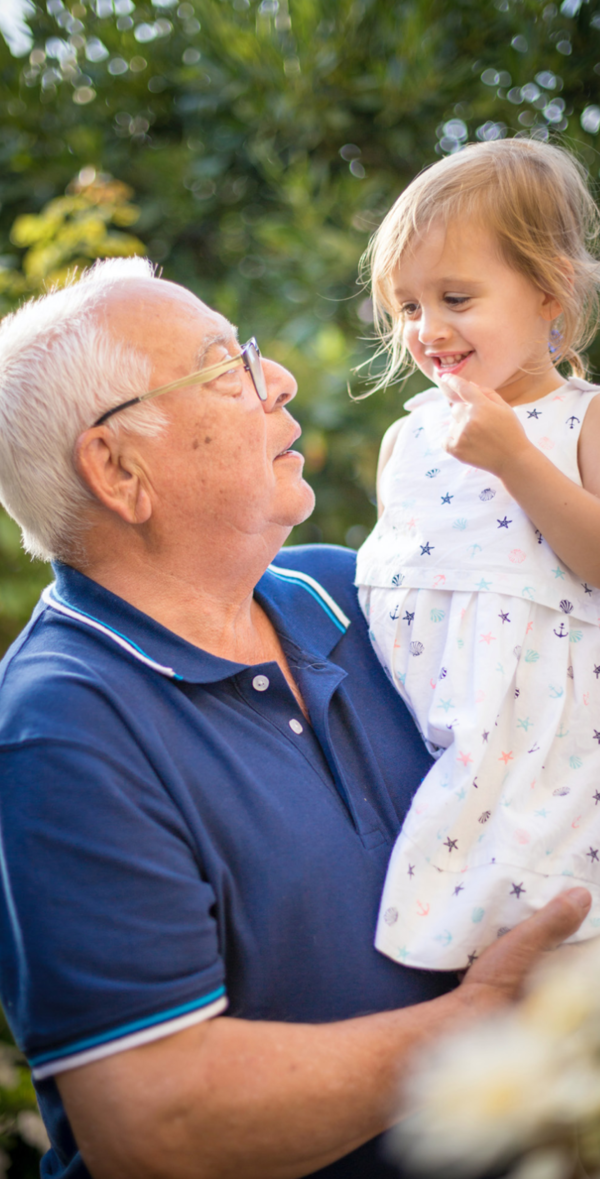Mass media usually describe the elderly as unconditional lovers. But in fact, people belittle the way the elderly think and consider them as worthless people. The words -연금충, 할매미 (annuity-mosquito, gran-cicada)- belittle old people who can not live by themselves and rely on Korea’s National Pension Service or their children’s economic capacity. There are a lot of insults to the elderly in on/off-line and many people describe them as incapable, anachronistic beings. Aging is a natural and meaningful phenomenon, but why are people so strict, aggressive, and critical to the elderly? Isn’t it everyone’s inevitable future to complain about the elderly’s incapacity and cognitive lack? Now we will deal with gerontophobia from cognitive and social aspects.
Oblivion of the fact that every human being gets older.
In the past, it was common for people to live with the elderly until they passed away. Nowadays, however, young people usually live apart from the grandparents or parents because of family nuclearizing or leaving the head house. These days, families usually live apart from their grandparents and most young adults move out for studying or career issues. This separation makes us ignorant of others’ aging.
Another reason is the social atmosphere which guides us to focus on ‘the present’. People show their strong intent to our happiness in the present through the spirit of YOLO(You Only Live Once). It’s no longer awkward to give a luxury present to me rather than saving. Of course, Youth is beautiful and valuable in itself. But too many spotlights toward young people are more likely to become reluctant and degradation of not to be young. Using offensive expressions recklessly -Hwa seok (fossil), Teul-ttak (clapping dentures) - to over mid-20s shows young adults a negative image about aging.
Lastly, the elderly’s independence is often disregarded. People simply suppose that the elderly’s identities are just ‘old’ people. It is not wrong, but everyone must remember the elderly also live their own lives. Someone would love to sing, like to long-distance race, take pride in her labor, or struggle from making social relationships. The elderly’s various desires such as labor, socializing, and sex are easily distorted by our prejudice.
The social changing pace does not consider the elderly.
Education is the most important and fundamental value for growing children. But education focusing on adults such as resocialization and lifelong education are important too. While governments are enormously concerned about and investing financial support to the education of children and teenagers, they hardly care about middle-aged people and the elderly who have gone through formal education and primary socialization. “The older the group is, the lower application ability is.” , said Kim Yeong-Sun, professor in the department of gerontology at Kyung Hee University Graduate School of East-West Medical Science. In a survey about technology utilization capabilities for 10 electronic devices shows that, 65~74 years old can use 2.83 devices, 75~80 years old can use 1.12 devices and over 80 years can use 0.4 devices. The lower household income and education level is, the lower utilization ability level. Moreover, in the information age, the elderly’s low electronic equipment utilization ability has become a serious problem. This lack of adaptability leads the elderly to not participate actively in social affairs. Unlike children and adolescents, it could be difficult for adults who are in a certain social status to ask help to younger people. Thus the Special Education for the elderly is needed. Not only is education necessary for electric devices, but also cognitive education is essential to adapt to and share the various opinions in the same society.
The difference is not accpetable.
Many young people think of the elderly as non- communicable beings. And they also describe the elderly as ‘boring and stubborn beings’. According to the Comprehensive Report on Human Rights of the Elderly published in March, 2018 by the National Human Rights Commission of Korea, 81.9% of young people replied “Heavy conflicts exist between the elderly and youth.”
And 88.5% of young people said “It’s hard to communicate between the elderly and the young.” Experts analyzed that different values of life make psychological gaps in the young and old. “While the elderly have considered absolute values like national development and filial piety as life’s goal, the young have grown up thinking individuality and fairness as the most important ever”, said Lee Dong Gwi, professor in the department of psychology at Yonsei University. And he said “Those two values can not help conflicting. The young do not try to communicate with the ‘inappropriate’ elders and elders get angry because they accept this kind of ignoring as denial of their identities. The value which individuals think high can be different, and we have to respect each belief to coexist. If their expression does not harm or offend others, regardless of whether or not they are logical, there is no valid reason to suppress someone’s opinion. Some experts say “Unlike when people set one generation as 30 years in the past, there would be a generation conflict between even 15 years apart.” Not to intensify the conflict between generations, tolerance and comprehension is necessary.
Everyone gets old. Everyone got older than yesterday, and tomorrow will get older. When it comes to aging, everyone needs a receptive attitude rather than avoiding it. Because it is not only your future but your lover’s near future in Korea, which has the fastest aging pace in OECD countries in the recent 50 years. Even if people sometimes behave incomprehensibly and dwell on the past, everyone needs to be tolerant to other people, and remember that each person is a co-existing being. If we get closer to our own grandparents and parents, who are the most vulnerable beings in a rapidly changing society, the world would be better and warmer. We are rarely doing those things in an inconsiderate, unsympathetic and non-communicative society. But if we are awake and continue challenging ourselves, the society will change.


